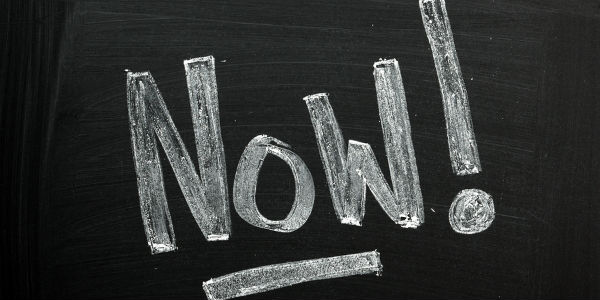Are you a pre-crastinator?

You get into work with three projects on your plate that you want to get started, post haste. You settle down with your Java and flip on the computer. You can’t resist just one quick peak at your email and Wham! Before you know it, you are an emailing machine, embracing your in-box with the eagerness of a five year old in a chocolate factory. You got so much done that you don’t have time to get started on those projects you were going to throw yourself into. After lunch, you have a follow-up meeting to the follow-up meeting you attended last week. Before you know it the day is over, the projects are still waiting and, my God, there is still more email to open.
The first step toward a solution is to admit there is a problem. It is clear to me that, as a nation, we are suffering from an email-fueled pandemic of pre-crastination, which researchers at the University of Pennsylvania define as the tendency to complete, or at least begin, tasks as soon as possible, even at the expense of extra physical effort.
Their definition was the outgrowth of the following experiment. As described by Psychology Today, Students were lined up and asked to choose one of two buckets filled with pennies to carry to the end of an alley without stopping. They were asked to do whatever seemed easier—pick up and carry the left bucket to the far left platform with the left hand, or pick up and carry the right bucket to the far right platform with the right hand. Buckets varied in their distance to the end of the alley. The researchers expected the participants to pick up the buckets that were the shortest distance to the end of the alley but instead they almost always picked up the buckets that were closest to them even though it meant they had to do more work. When the students were asked why they made this choice they typically responded that “I wanted to get the task done as soon as I could.”
In the old days, we would simply have responded to this research with that aphorism from your grandmother that “haste-makes-waste” and call it a day. But the experiment demonstrates that in an age of email and text messaging, pre-crastination is as big of problem as procrastination. After all, if the natural impulse of your employees when they get to the credit union each morning is to respond to the first email they see, as opposed to taking on their most important task, your credit union has a lot of very hardworking but ultimately inefficient workers.
In fact, it is possible that we, the American Worker, are nothing but adult versions of those hordes of teenagers we observe with disgust as they stare down at their smartphones while standing next to the very person they are texting. We aren’t doing the most important work, just responding to the task imbedded in the most recent email.
Is there a solution? This week my youngest daughter survived No TV Week. I’m proposing that the American workplace should have a modified Kick-The-Inbox Week. Participants would have to pledge not to spend more than 10 minutes daily reviewing their email; agree to actually call someone with whom they previously have corresponded exclusively with email; talk to workmates as opposed to emailing them, and, most importantly, pledge to take on the most important task of their day first.
Who knows? If we can kick our pre-crastination habits, maybe we will have time for some good old fashioned procrastination.

